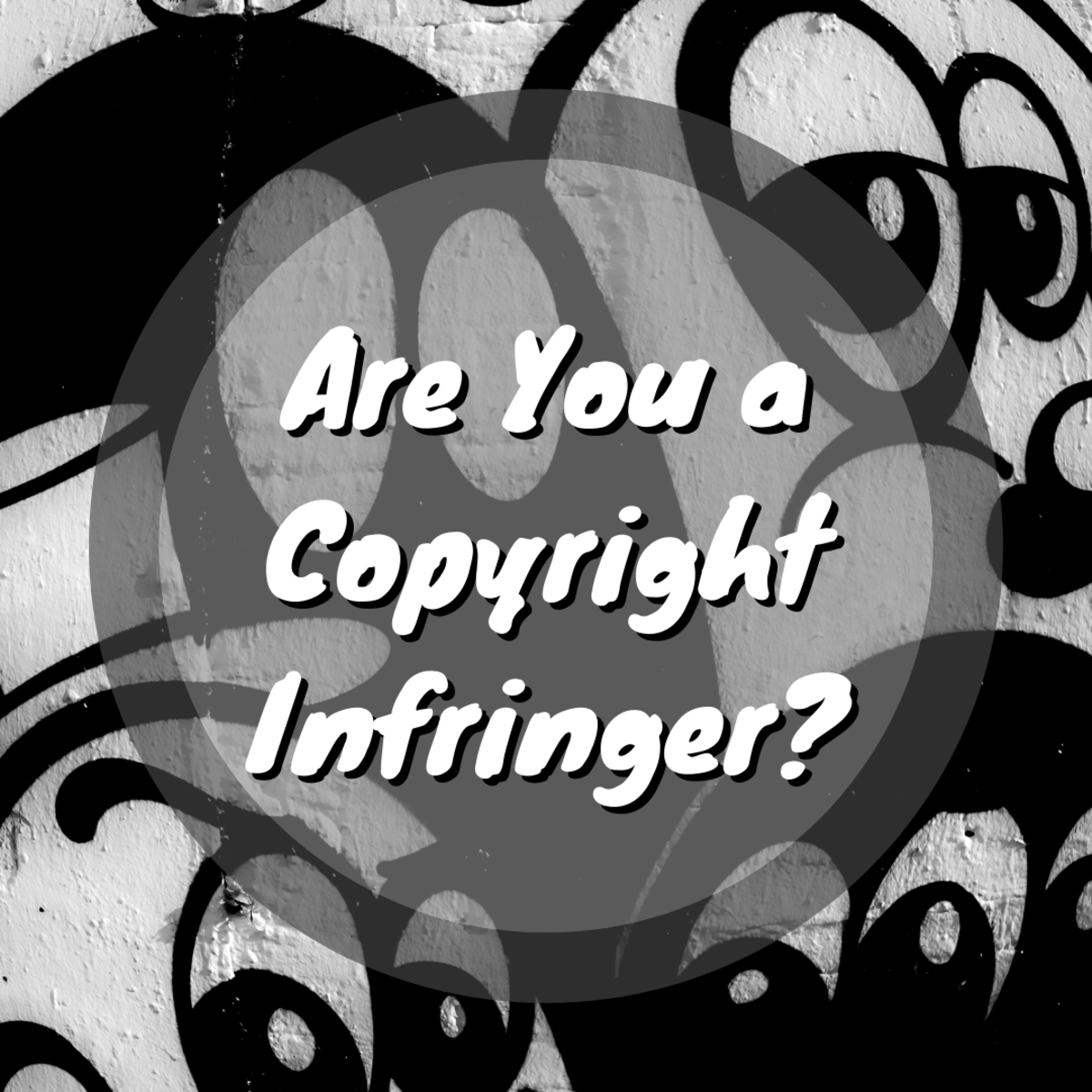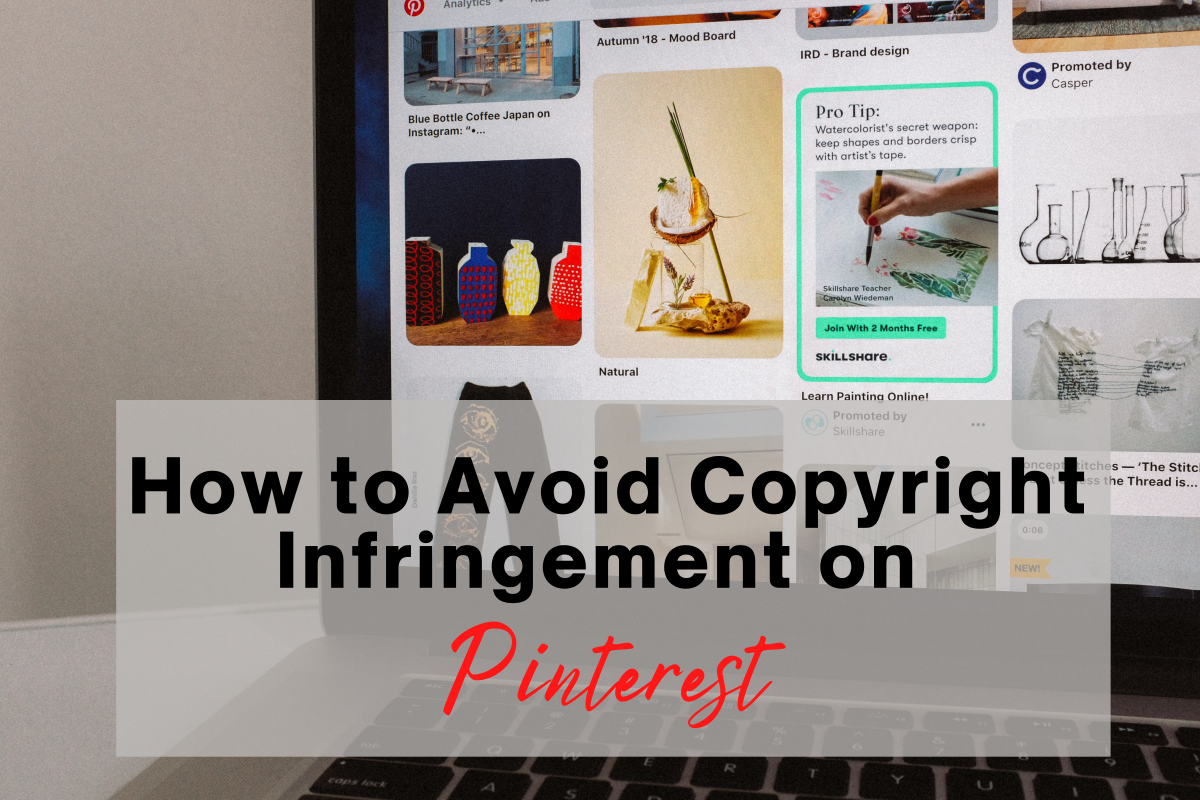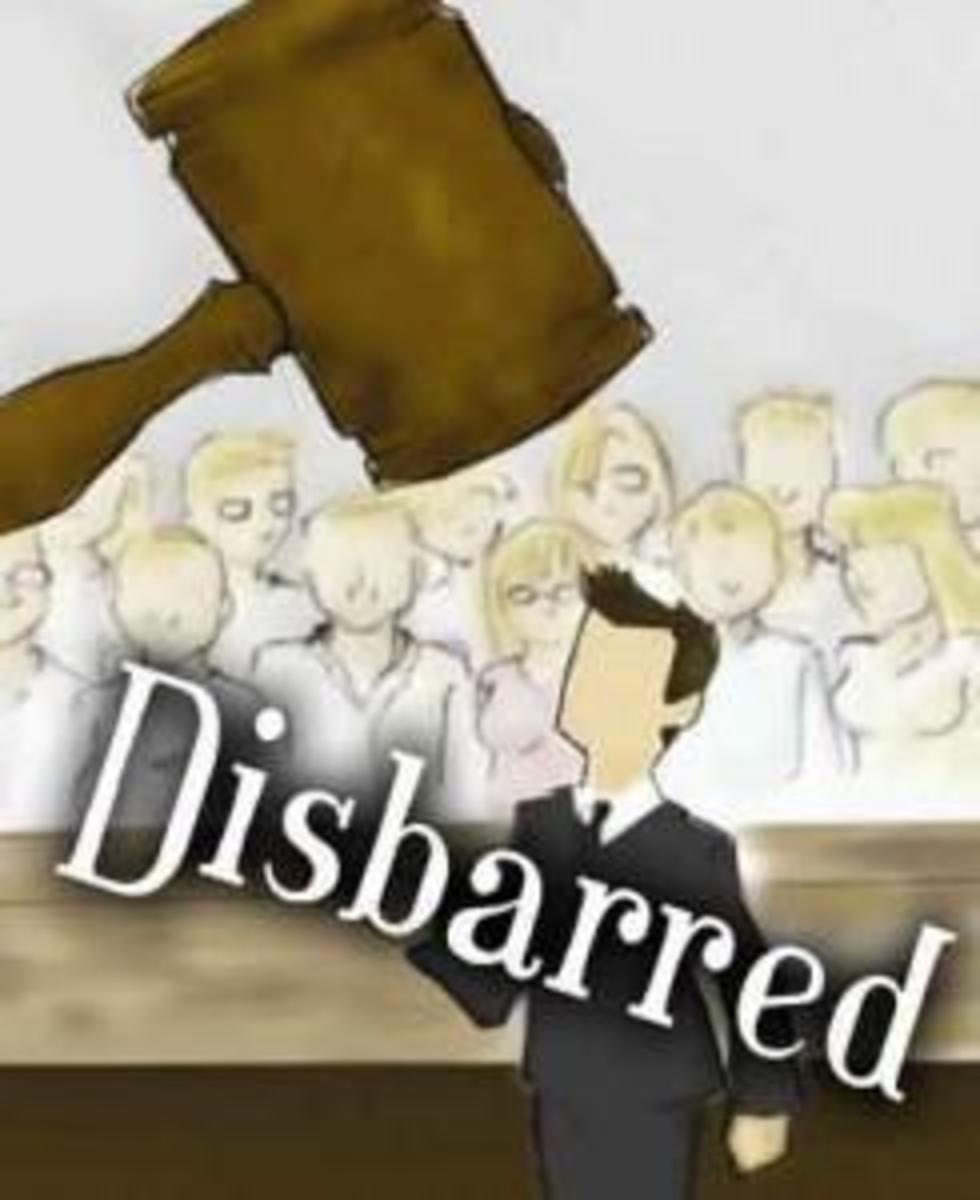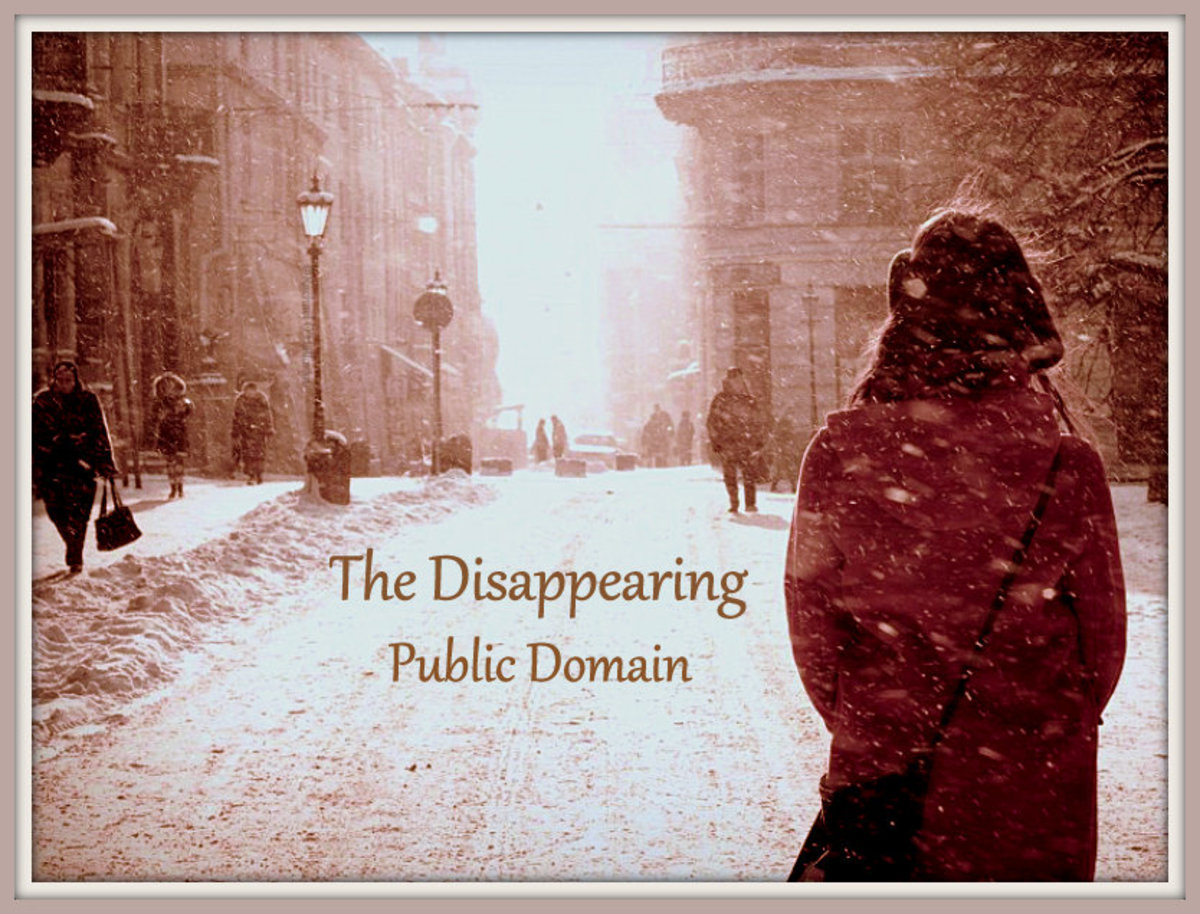How Web Designers Can Avoid Copyright Infringement
Copyright infringement is defined in Wikipedia as “the use of works under copyright, infringing the copyright holder's exclusive rights, such as the right to reproduce, distribute, display or perform the copyrighted work, or to make derivative works, without permission from the copyright holder, which is typically a publisher or other business representing or assigned by the work's creator.” It can be summed up to say that if you use something that belongs to somebody else without permission, you can be charged with copyright infringement and have to deal with a trademark attorney. With the easily accessible digital world of sounds, images and video, how do you successfully work without accidently committing this chargeable offense? The answer is simple, know your resources.
Building a Site
Websites look best with colorful images, useful links and helpful videos. While a web designer may be able to elegantly construct a beautiful and attractive website, they may not have the budget needed to consistently recreate their own original images and videos. They will use the same resources that millions of others use, online resources. For example, if you need a picture of a smiling family, you will immediately look online for a relevant image. The issue does not come at the point of finding it; the issue begins when you decide to use it. The original owner of that image may have copyrighted that photograph and be working with a trademark attorney. Depending on your own source, that image may have originated on that site, or it may have been shared hundreds of times before your seeing it online.
Getting Permission
No matter the situation, if that image has been copyrighted, you will need permission to use it. The easiest way to find out the rights to the image is to read the legal terms on the website you are visiting. Some photo share websites will give you direct ways to contact photography owners. This gives you the opportunity to negotiate directly with the owner about the use of their picture. As a courtesy, it is always great to give them a link back to where their work will be showcased and a direct way for them to be able to contact you with questions. Most websites will allow you to use their work, as long as you give proper credit back to them. Some make this quite simple by even providing you with the credit line you should use. Some copyright laws will allow you to freely use their material for personal use but will have restrictions for commercial use. Some will have restrictions for both; music is a great example of this. Contacting a trademark attorney yourself could be very enlightening as well.
It’s Your Responsibility
Using copyright material legally is a daily occurrence. The difference between it being a simple or difficult process will depend on how diligent you are with reviewing your own resources. As a web designer, there are sites available that will allow you to purchase exclusive rights to resources, making them your own. This will allow you to be able to have a one of a kind website and be able to enforce your own protection from copyright infringement for your own sites – without having a trademark attorney on your back.
Being Found Guilty of Infringement
There are heavy penalties for those that do not take copyright infringement laws seriously. The infringer can face fines of up to $150,000 plus reimbursing the resource owner with the profit they made from their product along with the owner’s trademark attorney legal fees. In more serious acts, the work that was stolen can be impounded and the infringer can face jail time.
As a web designer, it is your responsibility to ensure that the content you place on your website has not been obtained without permission. Avoiding copyright infringement can be as simple as asking for permission or as easy as paying the agreed fee for material. In most cases, it only takes a few moments to contact the right people. Your own clients are trusting that you have the knowledge and diligence to do your own research before presenting them with a finished product. Copyright infringement is quite possibly one of the easiest crimes to avoid. While it may seem simple to pirate or steal another person’s property, the owner of that resource is instantly at a loss for what revenue and recognition would have been theirs and is well within their rights to contact their trademark attorney and press charges.
Take the time to ensure that you give credit to those that helped you with your own work, as much as you prefer that your own work is properly recognized.








